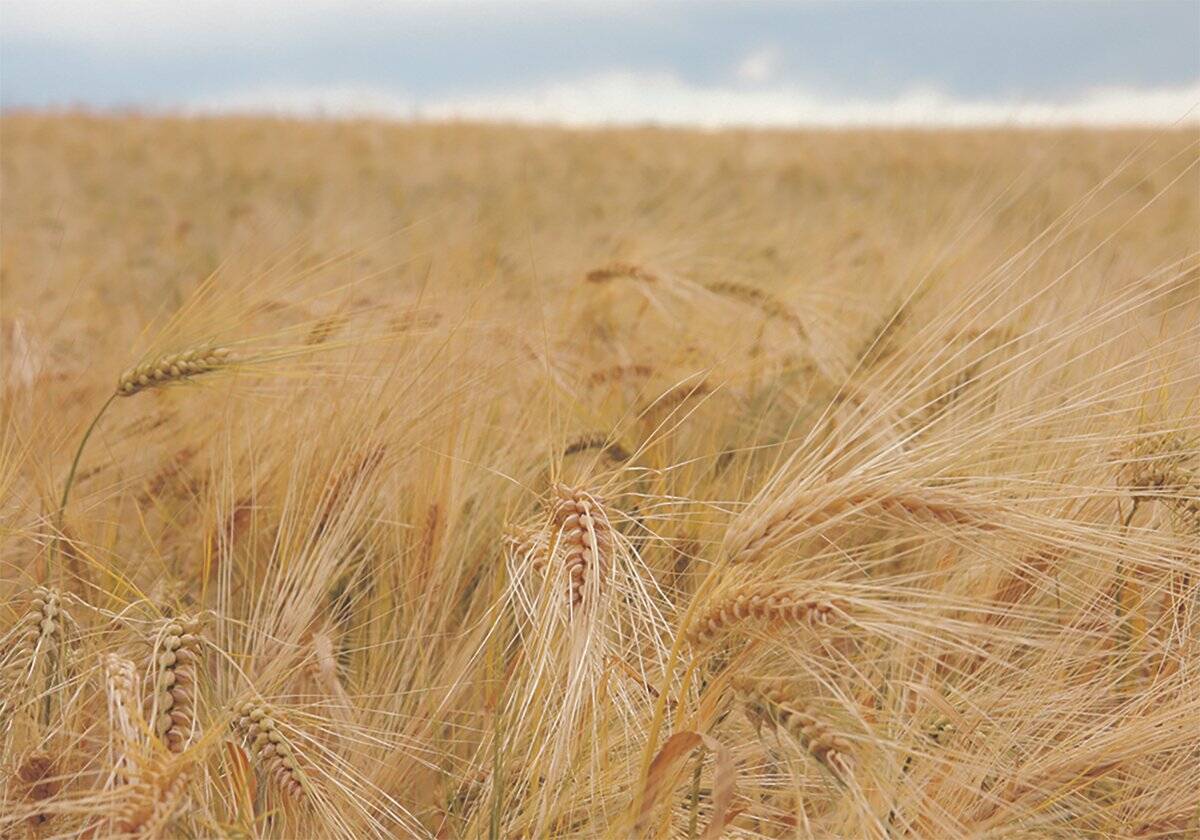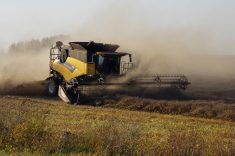Discussions are ongoing between a community northwest of Winnipeg and an unnamed company interested in crushing canola at the town’s new industrial park.
Little information is available, other than that the infrastructure feeding Warren’s industrial park is meant to “immediately serve a canola-crushing plant and pellet-manufacturing facility.”
The Manitoba government offered that detail when it announced $75,000 in funding Thursday for the community development corporation (CDC) representing Warren’s jurisdiction, the R.M. of Woodlands.
The funding is to go toward adding hydro, water and sewer lines at the industrial park just outside the local urban district of Warren, about 30 km outside Winnipeg.
Read Also

Feed Grain Weekly: Barley still the king of Canadian feed grains
Brandon Motz of CorNine Commodities in Lacombe, Alta. said barley is still the preferred feed grain of choice here and abroad.
“Providing industrial land with hydro, water and sewer systems makes the community even more attractive to investors, resulting in higher-skilled and better paying jobs in the Woodlands region,” Agriculture Minister Stan Struthers said in the province’s release.
“This partnership will create a sustainable advantage to this region and long-term benefits to the agri-businesses in the province.”
The province’s funding is to cover 21 per cent of the $350,000 tab for extending municipal infrastructure to the industrial park, while the CDC and federal government share the remaining $275,000 cost.
A CDC official confirmed discussions are being held but could not provide other details. Officials from the province and R.M. said they had no details to share when contacted Thursday.
Woodlands’ community economic development officer, Lana Cowlings-Mason, said three of the industrial park’s 15 lots of various zonings have been sold, while potential buyers have options on four or five more.
Other developments planned for the park include a retail/office strip mall and a bulk fuel site for Federated Co-op, she said. The CDC is managing the development and offering lots at $30,000 per acre, based on cost-recovery.














